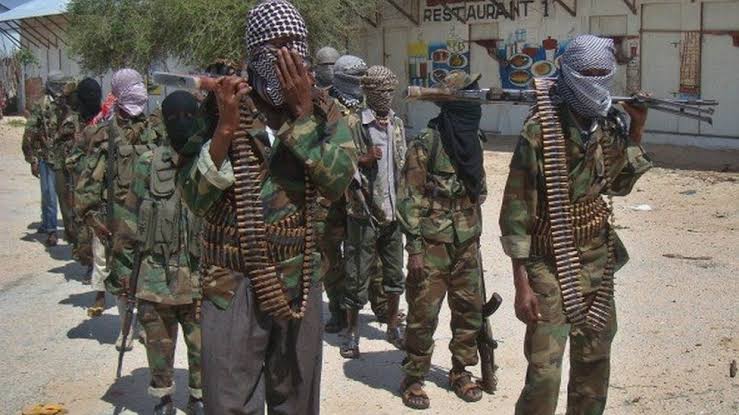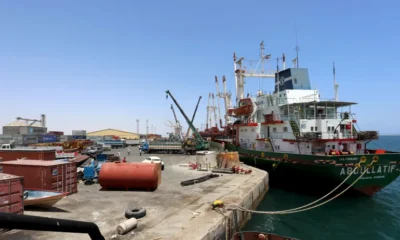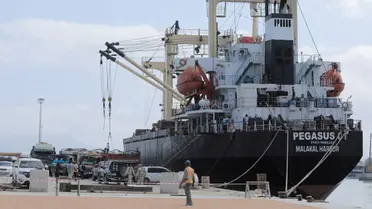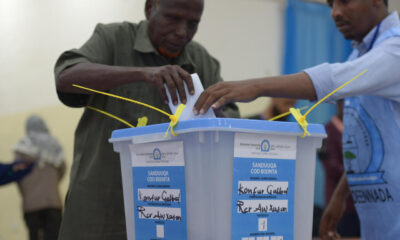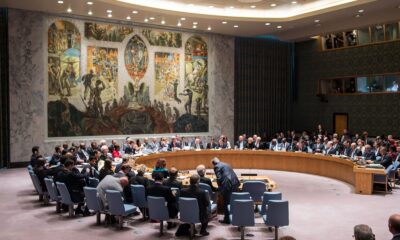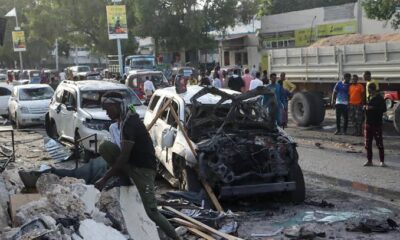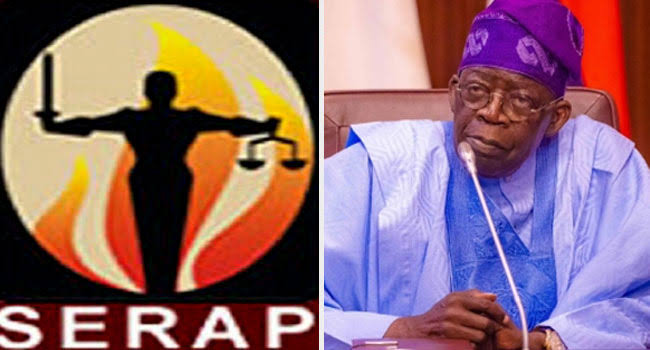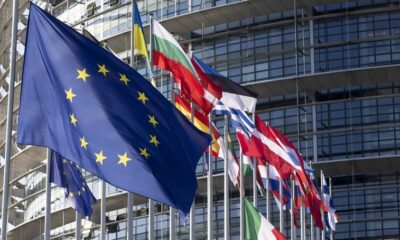A Nigerian civil society organization, the Socio-Economic Rights and Accountability Project (SERAP), has called on President Bola Tinubu to launch an investigation into the over N57 billion that allegedly went missing in the Ministry of Humanitarian Affairs and Poverty Alleviation in 2021.
The organisation, in a statement on Sunday, urged the president to direct the Attorney-General of the Federation and Minister of Justice, Lateef Fagbemi, as well as other anti-corruption agencies to commence a probe into the allegations without delay.
In the letter issued by SERAP’s Deputy Director, Kolawole Oluwadare and addressed to President Tinubu, the group warned against sweeping the allegations under the carpet as the Nigerian public has a right to know what happened to their money.
“The allegations amount to stealing from the poor. There is a legitimate public interest in ensuring justice and accountability for these grave allegations,” the watch dog group said.
“The allegations also suggest a grave violation of the public trust, the Nigerian Constitution 1999 (as amended), the country’s anticorruption legislation, and international anticorruption obligations.
“Hundreds of billions of naira are also reportedly missing in other Ministries, Departments and Agencies (MDAs).
“Poor Nigerians have continued to pay the price for the widespread and grand corruption in the Federal Ministry of Humanitarian Affairs and Poverty Alleviations and other Ministries, Departments and Agencies (MDAs).
“According to the 2021 annual audited report by the Office of the Auditor-General of the Federation, the Federal Ministry of Humanitarian Affairs and Poverty Alleviation, (the ministry) in 2021 failed to account for over N54 billion meant to pay monthly stipends to Batch C1 N-Power volunteers and non-graduate trainees between August and December 2021.
“The money was not directly paid to the beneficiaries. The Auditor-General is concerned that the money may have been diverted. He wants the money recovered and remitted to the treasury. He also wants suspected perpetrators of the diversion to be sanctioned in line with the Financial Regulations.
“The ministry reportedly failed to account for over N2.6 billion of public funds meant for the home-grown school feeding programme during Covid-19, as the programme was never executed. The money was allegedly paid to five contractors to procure, package and distribute Covid-19 palliatives to Kano, Zamfara and Abia states, but without any trace.
“The ministry also reportedly spent over N78 million to carry out a survey on the ministry’s Covid-19 response to states and vulnerable groups but without any approval or document.
“The ministry also reportedly failed to account for N400 million meant to pay stipends to 4,450 independent monitors for October, November, and December 2021.
“We would be grateful if the recommended measures are taken within seven days of the receipt and/or publication of this letter. If we have not heard from you by then, SERAP shall consider appropriate legal actions to compel your government to comply with our request in the public interest.
“SERAP urges you to immediately enforce the judgment by Hon. Justice Deinde Isaac Dipeolu of the Federal High Court, Lagos, ordering your government to release the spending details of N729 billion by Mrs Sadia Umar-Farouk, the former Minister of Humanitarian Affairs, Disasters Management and Social Development,” SERAP warned.

 Politics2 days ago
Politics2 days ago
 Metro2 days ago
Metro2 days ago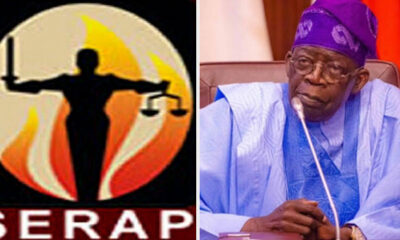
 Metro16 hours ago
Metro16 hours ago
 Metro2 days ago
Metro2 days ago
